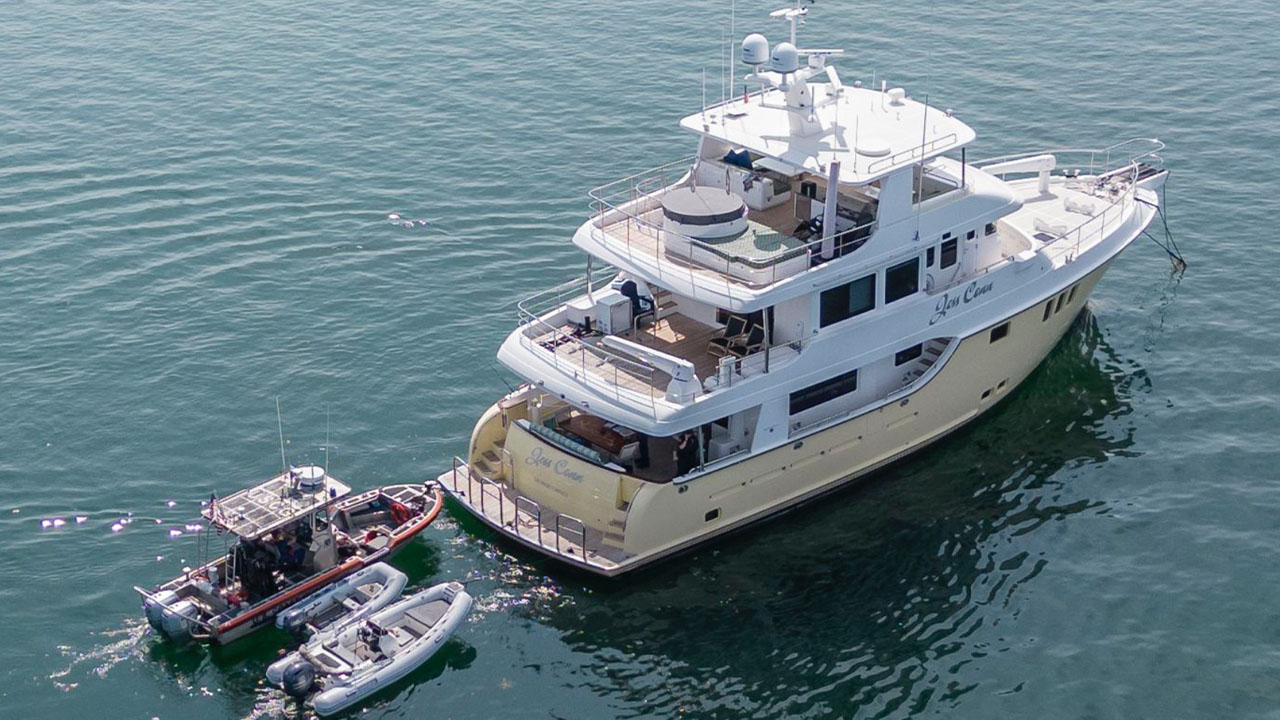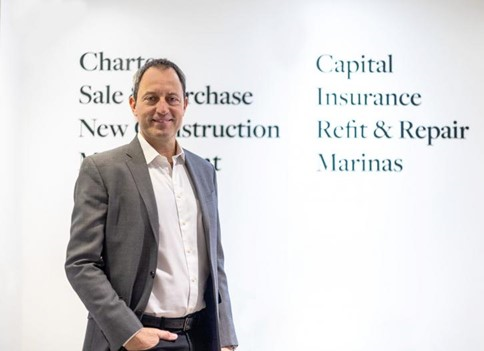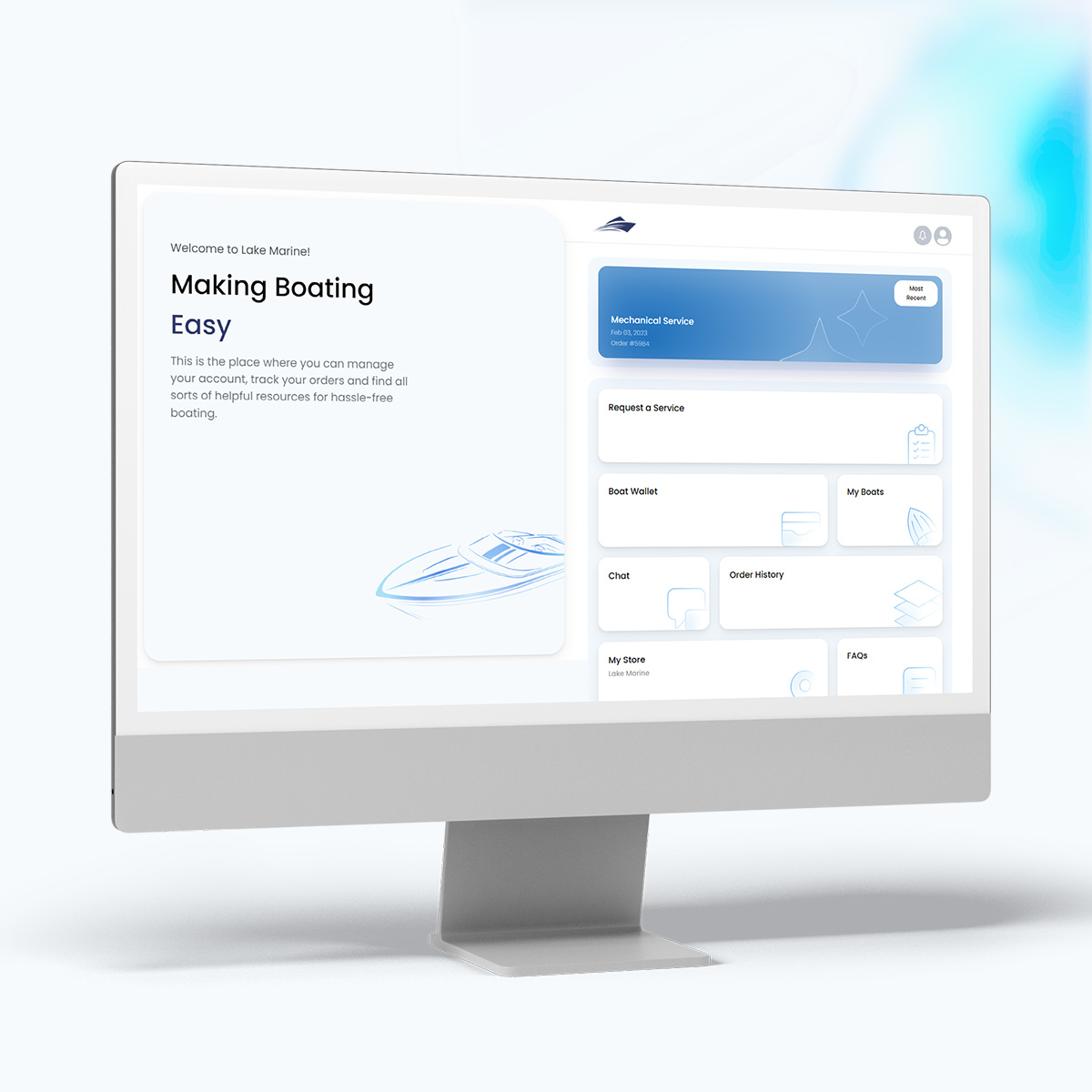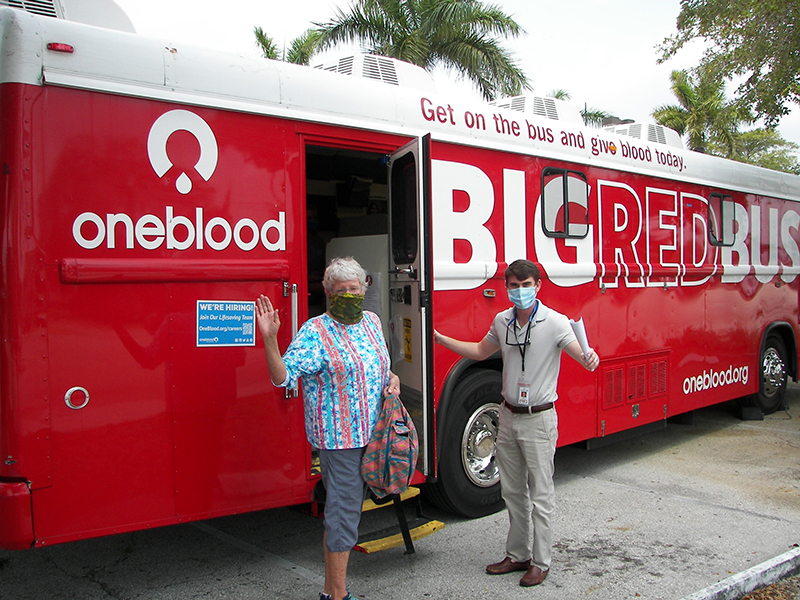The Marine Industries Association of South Florida shares the experiences of Jimmie Harrison, owner of Frank & Jimmie’s Propeller and partner in FJ Propeller Miami, Neptune Boat Lifts, and Neptune Atlantic Boat Lifts, as he applied for the Payroll Protection Program created in the CARES Act, the $2 trillion financial relief package passed by Congress to assist individuals and businesses in the midst of coronavirus.
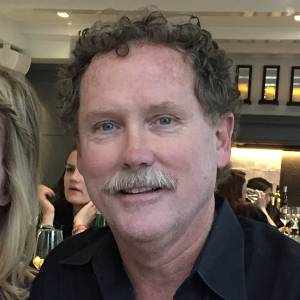
When the pandemic began, Jimmie Harrison started early by putting together important personal documentation, account numbers, passwords, wills and insurance policies, pushing away any thoughts of quarantine, and trying to figure things out even as they were changing by the hour. He wanted to make sure everything was organized, clear, and concise, just in case anything happened. As a marine industry leader, an owner of four companies that employ dozens of people who rely on their salary, a husband, and a father, Harrison is balancing enormous responsibilities in these uncertain times.
The first scary moment for him was the realization that the federal Family and Medical Leave Act (FMLA) required his companies by law to provide paid leave for all employees for a minimum of 10 weeks, should his companies be required to close and his workers need to stay home. With so many working men and women on the payroll, Harrison was wondering how he was going to pay for FMLA and if the government was going to help. He anxiously watched the progress of Congress as it crafted and then passed the Coronavirus Aid, Relief and Economic Security, or CARES, Act.
He knew he needed to understand all the details and intricacies of the legislation and he worked as hard as he ever has trying to learn everything he needed to know, but he likened it to being a college student with three exams scheduled for the following day. He hadn’t read any of the books and his classmates were sending him snippets of information and an endless stream of notes on what he needed to commit to memory. “There was not a lot of clarity. It was challenging and stressful and I felt a rush to figure it all out and come up with a plan of action for the following day.”
He was receiving an onslaught of information from so many sources he began triaging information into a COVID-19 Outlook folder with eight subfolders. After sifting through an overwhelming amount of information, he entitled one subfolder simply, “Best,” compiling only the most relevant information and eschewing hundreds of unnecessary COVID policies being sent by every email marketer from Tommy Bahama to Nordstrom.
Adding to the pressure during this time, he was responding to countless emails and dispensing advice, while one of his employees, who had not been in the shop for several weeks, tested positively for COVID-19 and another was required to be tested in order to be cleared for a separate procedure.
Harrison found tremendous value from his membership in a networking and peer advisory organization called, Vistage, which is comprised of thousands of CEOs, presidents, and key executives from big companies across the country, offering research, experts, data, and insights into business challenges and opportunities. During hour-long teleconferences with briefings from major corporations, Harrison felt lucky to receive high level, impactful information. He received quality briefings from the Broward County Chamber Advisory Board emergency meetings, where he learned from several bankers to not get angry at the banks, as they were moving faster than they’d ever moved before. He expressed gratitude to Marine Industries Association of South Florida CEO/President, Phil Purcell, for realizing the importance of being recognized as an essential business and insisted Purcell’s incessant beating of the drum to keep essential marine businesses open was a giant benefit to the industry. Even so, Harrison said he genuinely experienced “FOMO”—the fear of missing out. Knowing the $250 billion would be limited, he was sure it would be distributed on a first come, first served basis.
He said he feels fortunate to have a good relationship with his bankers, which he emphasized is critical. Since his two propeller companies use the services of Truist (formerly BB&T and SunTrust) and the boat lift companies use BankUnited, everything had to be submitted separately through each bank. He started by submitting an email to register his name in the queue. Starting on Monday, March 30th, he spent the week with his controller gathering documentation the banks said would be needed. He was putting everything together, working late nights, and thought he had everything ready. He stayed glued to his email account all weekend so he could be first in line to get in. He knew some small banks in the northeast had opened their portals on Saturday, some took only online applications, and some took written applications. He was elated at noon on Sunday when he got notification that his bank portal was opened, until he read that he would be informed when it would be his turn to sign on. He eventually got that message at 6:30 p.m. the same day and rushed back to his shop to begin.
By the time he got to page three of the worksheet, he realized it was beyond him. A lot was different than he expected, he didn’t have everything he needed, and he knew he would not be able to fill in the additional 10 to 12 pages with all the right numbers and necessary forms. He needed Olga Fink, his controller. He called her and she started that night and worked until late Monday. “We were getting frustrated, so then we had to enlist the help of our accountant,” he said. Fink worked through Tuesday night on the application, but there were glitches in the system that were creating setbacks and unnecessary duplication. The information would be saved in the portal but when they went back in the numbers would be gone, or the documents wouldn’t stay attached, Harrison’s Social Security number was changed, as was his password. Every time they went back in, they had to re-check every field that had already been filled in to make sure it was accurate. His partner at Neptune, Randy Whitesides, was doing everything concurrently with BankUnited.
“If it seems like the banks are making it hard, they’re not,” Harrison said. “The federal government is giving the loans, the Small Business Administration will forgive the loans, but it’s the banks that approve the loans and are responsible for weeding out any potential fraud.” With 80,000 applications, he said his bank has 3,000 people processing applications. Everyone in management had become a processor and the race was on to get the applications submitted. At that rate, there were bound to be errors, whether intentional or not, and the bank assumes all the risk, using its money for the loans with a promise it will be repaid.
Harrison watched the time ticking away in utter frustration, but he says he understood what was happening. “The website had been thrown together in days, the banks didn’t have information until Saturday morning, and they had to scramble to put it all together amid customers who were yelling, screaming, and stomping their feet.”
Late Tuesday, Fink confirmed that the information in the application was all there. Still, the accountant had to look everything over and let them know where some things weren’t quite right and what they had to do to remedy it, making sure to avoid any kind of misinformation, confirming the accuracy of the numbers, and including all the required documentation. Knowing that any error in the application would result in rejection and being sent to the back of the line added a tremendous level of stress to the process.
They hit the submit button around noon on Wednesday, April 8. A few hours later Harrison received notification that his application had been received and he didn’t need to do anything further. Now it’s up to the respective banks to review and approve or deny the applications, which should take a few days. If approved, it should take another five days for the loan to be funded. To be able to account for the funds “down to the penny,” Harrison opened a separate account for the loan funds to not be commingled with his other operating dollars. He encourages business owners to stay close to their bankers but cautions anyone who applies to not make decisions based on getting the loan. “To be clear, do not count on it being approved,” he said. “We’re talking about big government that normally operates at a snail’s pace suddenly operating at light speed. They’re doing the best they can.”



